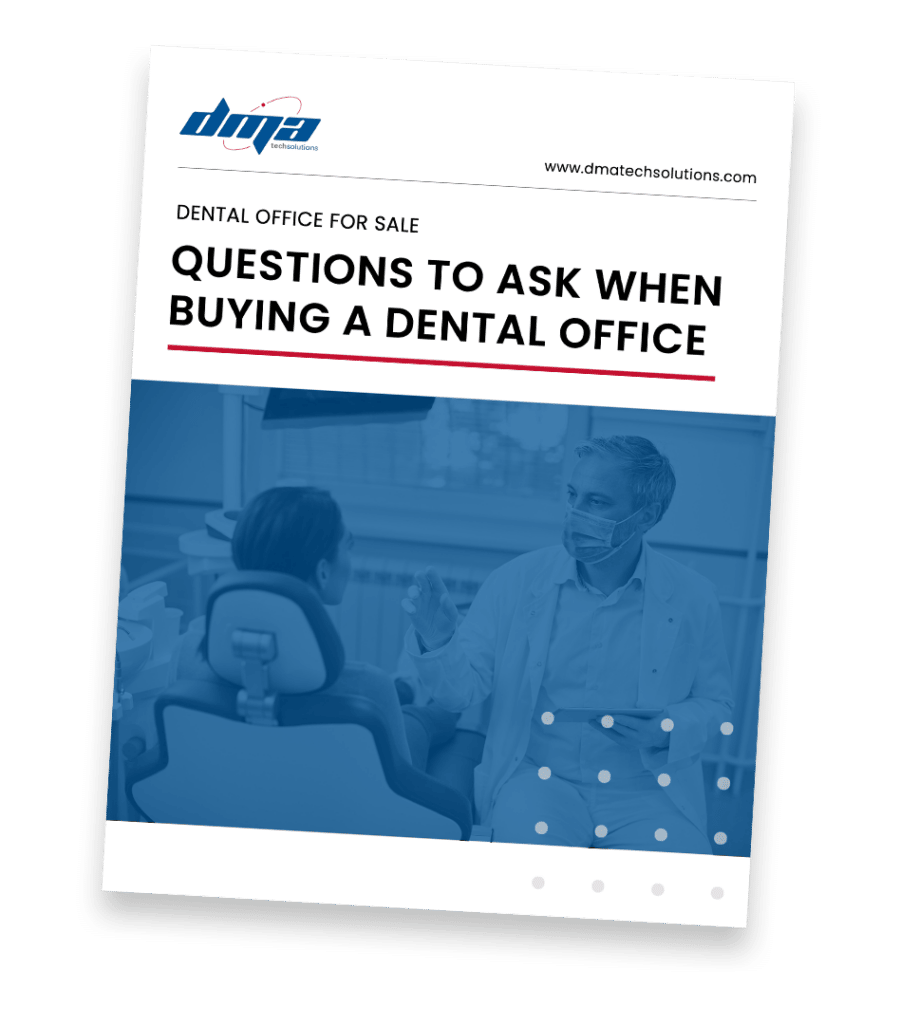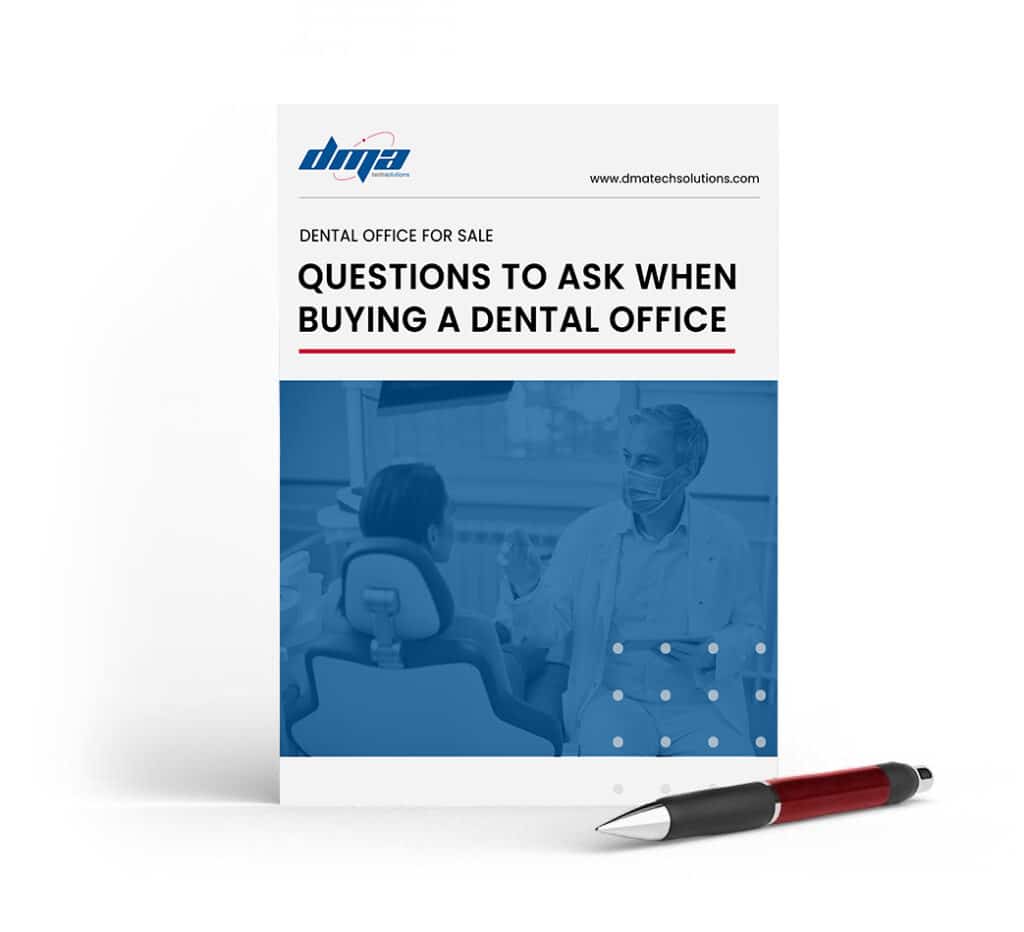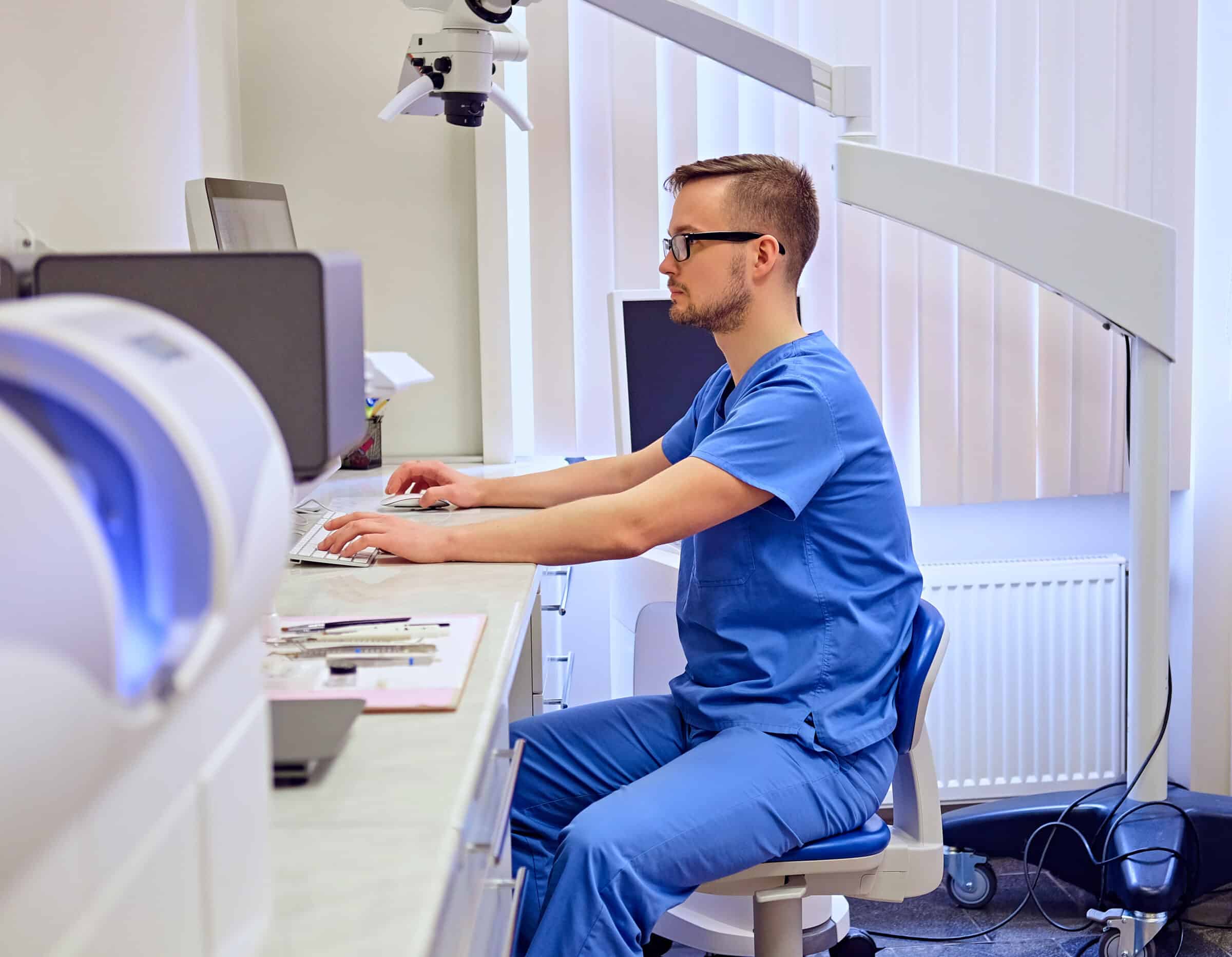Like any other type of healthcare business, dental offices are extremely susceptible to hacks and other IT security issues. Hackers are often interested in accessing confidential patient information, including medical records, social security numbers, and other personal data. Learn how to prevent hacks and other IT security issues in your dental office!
A recent report shows that there were 80,000 daily cyber security attacks in 2018. According to another report by Trustwave, cybercrime increased by 600 percent in 2020 and 2021 because of the COVID-19 pandemic. That means that no business, including your dental office, is immune from these attacks.
The most common methods of cyber attack against dental offices include:
- Phishing or spear phishing
- Malware attacks, including adware, spyware, and viruses
- DDoS attacks
- SQL injection attacks
How to Protect Your Dental Business from Cyber Attacks
There are several ways to prevent hacks and IT security issues in your dental office. While you might already know some of these tactics, others may require help from an IT security expert. Here are some steps you can take:
1. Proper Data Storage
Given the growing interest of cybercriminals in dental offices, how you store your data can either encourage or prevent hackers from targeting your practice. Forbes magazine recommends the following data protection methods:
- Staying ahead with updated data storage methods
- Monitoring your systems for cyberattacks
- Frequently assessing how secure your data storage system is
- Storing data correctly in compliance with the latest regulations
2. Educating Your Team on Potential Threats
Did you know that the weakest link in securing your IT systems could be right inside your dental office? You can prevent cyberattacks by educating your team on potential risks and how to avoid them. If you don’t, an innocent email to an employee could result in a hacker accessing some of your patient’s data.
3. Installing Antivirus and Anti-spyware Software
No matter how good you are at spotting viruses and spyware, you may fail to capture all suspicious files. That’s why it helps to have antivirus and anti-spyware software installed on all your computers. This protective software is significantly more affordable than the cost of recovering from a cyberattack.
4. Using Strong and Unique passwords
Using strong and unique passwords is one of the best ways to prevent hacks and IT security issues in your dental office. Hackers know the format of most user passwords (first letter capitalized, usually ending in a number), so it helps if your passwords do not follow this predictable format. Making passwords unique across loggins helps to limit damage if one of those sites is breached. Hackers know that most users reuse passwords, so if they get access to one they quickly try those passwords on multiple other popular sites, to gain access to others.
5. Regular Software and Apps Updates
Software companies often develop updates for their products to protect you from falling prey to hackers and other cybercriminals. In fact, a significant portion of updates released are for patching previously exploited holes in the system. While applying updates can keep you secure, some people are hesitant because they have experienced when things break or change significantly as a result of an update. Having a knowledgeable partner to help manage your updates can give you the benefits of security while minimizing update related disruptions.
Partner with DMA Tech Solutions
As if security were not important enough on its own, failure to properly secure systems can also result in investigations or fines from HIPAA compliance enforcement. Offboarding these tasks to an experienced provider will give you enhanced security management while allowing you to focus on dentistry.
At DMA Tech Solutions, we specialize in IT security for dental offices like yours. Get in touch with our team of IT experts today!
Considering buying a dental practice?
Buying a dental practice is a big undertaking and knowing what to expect and what questions you should be asking the seller is key to a successful transaction.





